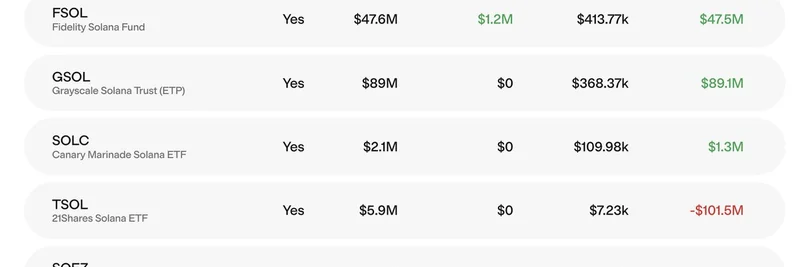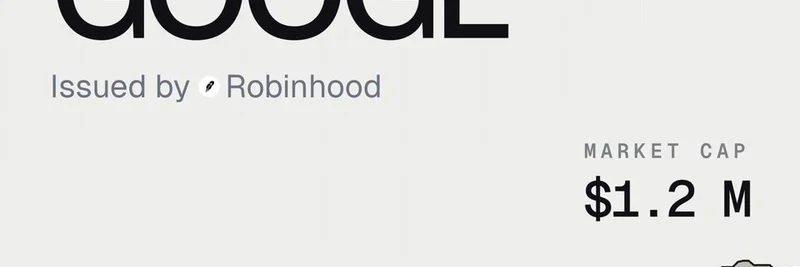Imagine going from being hailed as a cryptography genius and a Bitcoin core developer to promoting quirky memecoins for a quick buck. That's the wild ride of Peter Todd, a name that's been buzzing in crypto circles for years. Recently, a thread on X by @StarPlatinumSOL broke down his journey, and it's a tale that's equal parts inspiring and eyebrow-raising. Let's unpack it step by step, explaining the tech jargon along the way so even if you're new to blockchain, you can follow along.
Peter Todd grew up in Canada, diving into cryptography—the art of secure communication in the presence of adversaries—as a teenager. By age 15, he was emailing legends like Hal Finney and Adam Back, who are big names in the crypto origin story. Fast forward to 2010, and Todd was active on Bitcoin forums, even chatting with the mysterious Satoshi Nakamoto, Bitcoin's pseudonymous creator.
In 2012, he started contributing code to Bitcoin Core, the main software implementation of Bitcoin. His "adversarial mindset" meant he was always hunting for vulnerabilities to make the network tougher. This approach earned him respect in the community.
One of his standout contributions was Replace-by-Fee (RBF), introduced via BIP-125. In simple terms, if your Bitcoin transaction is stuck due to low fees, RBF lets you bump it up with a higher fee to get it processed faster. Todd believed blockchains couldn't scale indefinitely without proper incentives for miners—the folks who validate transactions and secure the network.
Beyond Bitcoin Core, Todd dabbled in projects like Dark Wallet (a privacy-focused Bitcoin wallet) with Amir Taaki, early token platforms Mastercoin and Counterparty, and OpenTimestamps, a tool for proving data existence without revealing it, still in use today. He even participated in Zcash's trusted setup in 2016 alongside Edward Snowden.
His peak came during the "block size wars" from 2015 to 2017. This was a heated debate in the Bitcoin community: "big blockers" wanted larger blocks (up to 20 MB) for more transactions, while "small blockers" like Todd argued it would harm decentralization—making it harder for average users to run nodes. Todd pushed for a 6 MB limit, and the small blockers won, leading to Bitcoin's current setup and the birth of forks like Bitcoin Cash.
But fame brings foes. Todd's blunt style made enemies, and in 2019, developer Isis Lovecruft accused him of sexual assault. He denied it, sued for defamation, and the case settled in 2020. The scandal tarnished his rep, and he laid low, focusing on research like Bitcoin privacy and covenants (smart contract-like features on Bitcoin).
In 2023, he advocated for full-RBF, solidifying his legacy. Then, 2024 hit with HBO's "Money Electric: The Bitcoin Mystery," claiming Todd is Satoshi. He called it nonsense, but it brought threats, forcing him to amp up security.
Today, Todd consults independently on privacy and security. But here's the twist that's got the meme token crowd talking: this Bitcoin OG is now shilling memecoins—those fun, often volatile tokens inspired by internet memes—for as little as $5,000. Take his promotion of $HAHA on Solana, a Joker-themed token. It's a far cry from his pioneering days, raising questions about the evolving crypto landscape.
What does this mean for memecoins? It shows even crypto veterans are dipping into the playful side of blockchain. Memecoins like those on Solana thrive on community hype and viral moments, and having a name like Todd involved could legitimize—or dilute—their fun nature. If you're into meme tokens, keep an eye on projects he endorses; they might pump, but remember, crypto is volatile.
For more insights on memecoins and blockchain trends, stick with Meme Insider. We've got the latest on everything from Solana pumps to Bitcoin mysteries. What's your take on Todd's shift? Drop a comment below!




